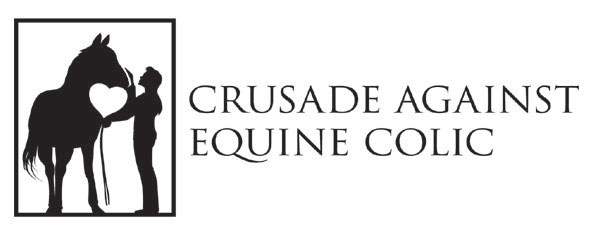Horse Colic – Colic Causes – Colic Treatment
Horse Colic, Colic Causes and Colic Treatment
By: Allen Financial Insurance Group
Contact us for a no obligation Horse or Equestrian insurance quote today.
Colic Signs:
Clinical signs of colic include changes in behavior or activity that indicate abdominal pain.
Although these signs are relatively universal, individual horses may exhibit slightly different symptoms and different intensities to the same causes of colic. However, horses with mild abdominal pain often show one or more of the following clinical signs:
- Pawing at the ground with a forelimb;
- Stretching out;
- Reaching around with the head to the flank;
- Increased amount of time lying down;
- Poor appetite;
- Playing in the water bucket;
- Continual shifting of weight on the hind limbs; and
- Standing against a wall and moving infrequently.
Colic in Horses – Colic Causes – Colic Treatment
*IMMEDIATE VETRINARIAN ATTENTION*
Colic is the leading medical cause of death in horses. Technically, colic refers to pain in a horse’s abdomen, colic typically reflects conditions of the colon. While colic can include a simple blockage, a spasm in the colon/buildup, or torsions in the digestive tract, the majority of colic episodes are “of unknown origin.” We don’t know exactly what causes a horse to colic in most causes.
Treatment Depends on Diagnosis:
a) impaction – oil, water, IV fluids, reduce pain; b) gas – relieve pain, trocarize to relieve gas; c) large and small bowel displacement – surgery – history and drugs given are important; d) bloodworm colic – varies; e) spasmodic – relieve pain, anti-spasmodic drugs. Early proper treatment may prevent displacements.


Reduce the Risk for Horses to Colic:
- Feed smaller but frequent meals that allow starches to digest before reaching the equine hindgut.
- Increase turnout, reduce feed concentrates
- Slow food intake, try adding chaff to meals to help reduce the horse’s risk to colic.
- Always have fresh, clean water
- Avoid feeding on the ground or in sandy areas
Prevention of Colic:
- Select quality hay
- Don’t over-feed grain
- Regular deworming
- Avoid sudden dietary changes
- Decrease roughage to broodmares 2-3 weeks prior to foaling
Colic Causes:
Impactation:
This is the result of an accumulation in a horse’s colon of dirt, sand, feed or other indigestible material This material dries excessively making it difficult or even impossible for a horse to properly dispose of waste.
Spasmodic (GAS):
Excess gas or fluid often caused by over fermentation of food in the hindgut, builds up in the digestive tract of a horse. Excess Grain can also cause spasmodic. The pressure and possible inflammation along the gastrointestinal line causes discomfort for the horse.
Idiopathic:
No root cause has been determined. This accounts for over 80% of horse colic cases.
Enteritis:
Inflammation of the intestine, caused by infection bacteria and viruses. Can also cause the large intestine to displace.
Gastic Rupture:
Not as prominent as the others, Gastic Ruptures are rare and can occur when an impaction reaches the horse’s stomach or a gas build up that causes the horse’s stomach to dilate.
Intussusception :
Intussusception is a often caused by tapeworms and other parasites, this is a very dangerous form of colic, the intestine slides within a portion of itself. The blood supply can also be cut off causing and creating another blockage.
Strangulation/Torsion:
A twist in the colon or small intestine of a horse which may also lead to the blood supply being cut off resulting in necrotic tissue.
Non- Ideopathic:
Cause remains unknown.


